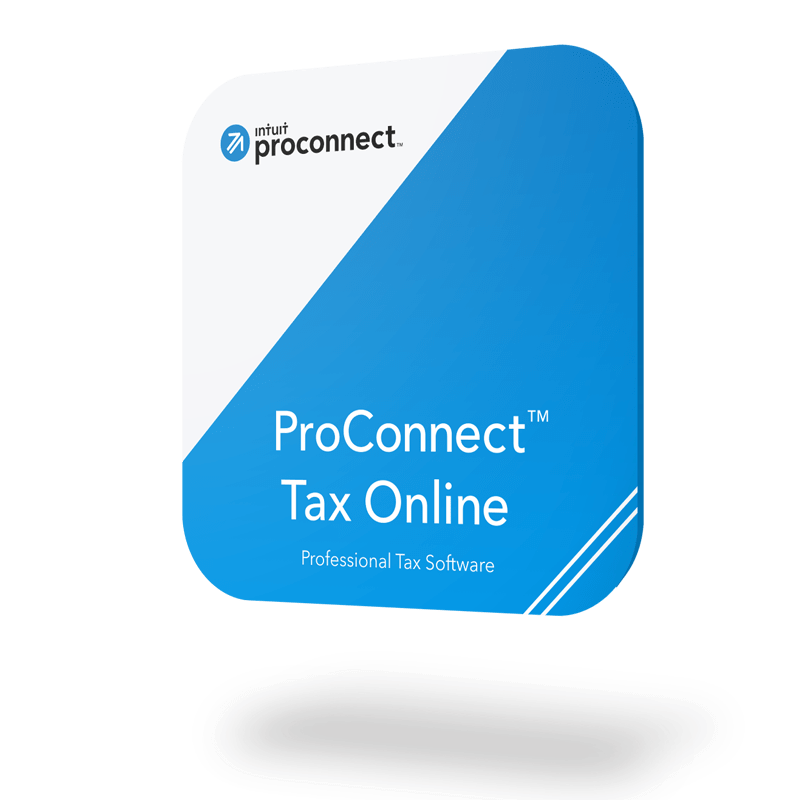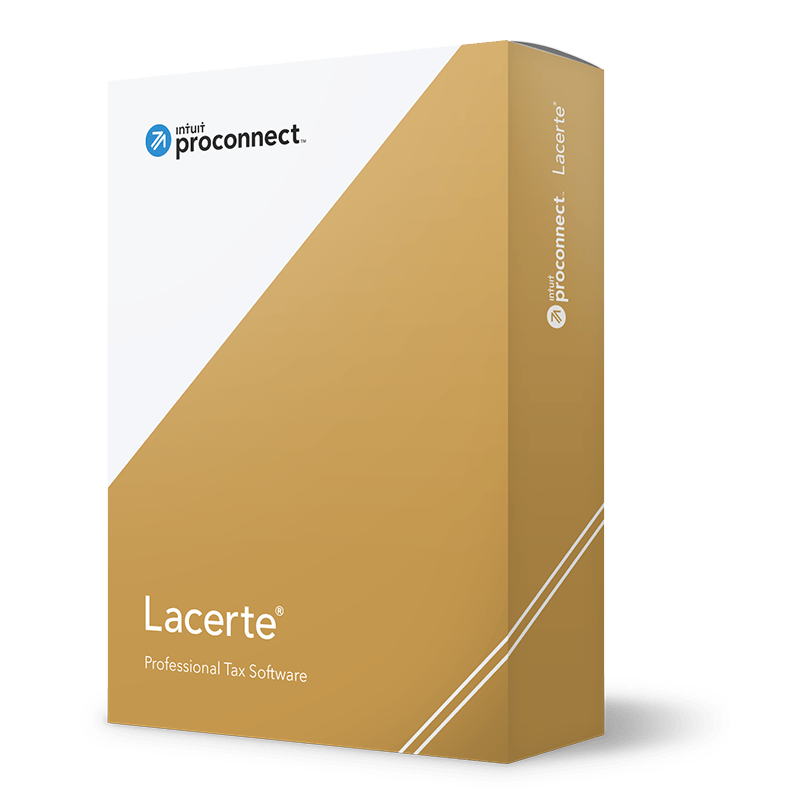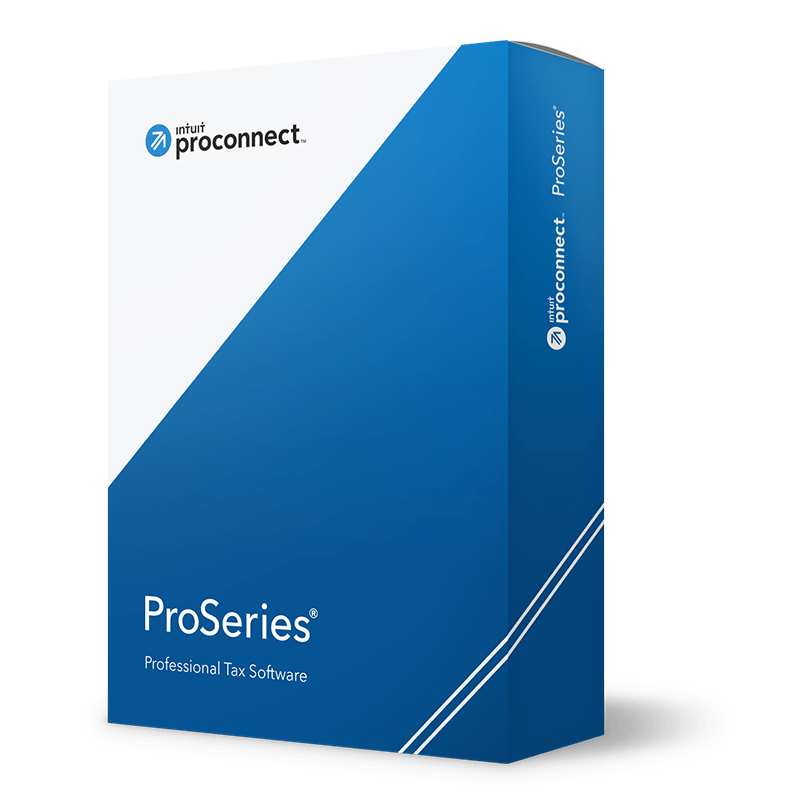Work-Life Balance: The #1 Reason People Start a Practice
How does starting your own tax practice affect work-life balance? Are there enough hours in the day and night to run a business, while also trying to have a home life?
The home and family dynamic is very different for Vinnie, Susan and Barbara. Barbara's three children are grown, but the reason she stayed with the former tax prep business for so long was the flexibility of seasonal work, even though she also helped clients with year-round issues.
Vinnie, the youngest of all three, is married with a son who will be three years old in 2019. Vinnie's wife works full time, so their son goes to daycare a few days a week and is also looked after by his grandmother. Achieving work-life balance was a key driver for Vinnie to start his own practice; he previously had an average three-hour commute to and from Boston.
Vinnie: "At first, I saw clients at home at night and on weekends when my son was just a baby, but now that he's older, it's just not conducive to meeting at home, so I opened up my office in March 2018," he said. "I have clients in other states, but primarily focus on local business. Being able to separate work from home is key."
When Susan and her husband were involved in dance, work-life balance was nonexistent:
Susan: "The life of a dancer is horrible; we gave lessons during the day, while dancing at night, on weekends and holidays — there was no such thing as a home life. Now that I have my tax business, there is a lot more balance. There is an end to the day, I have weekends mostly free, and when banks and the IRS are closed, we're closed."
Financial Security: What Can I Expect?
It's often said that many tax professionals go into this line of work because tax and accounting is fairly recession-proof, but what kind of tax preparer security can you expect if you own your own practice?
How much base income should I expect?
Based on May 2017 figures (the latest date statistics were available), the Bureau of Labor Statistics reports the top annual earning for tax preparers was $107,880 in the District of Columbia ($107,880), while Colorado ($73,740), Massachusetts ($62,300), California ($61,970) and Oregon ($57,720) round out the top five states.
Glassdoor reports the average U.S. annual base pay for a tax accountant is $75,479.
Hourly rates differ as well:
According to the 2021 Intuit Rate Survey, rates for tax and accounting professionals increased by 19 percent since 2016, the last year the survey was conducted.
The hourly rate for practitioners ranged from $101/hour for those living in urban areas, to a range of $74 to $86 for suburban areas, mid-sized cities, rural or sparse areas, and semi-rural areas.
What kinds of numbers can you expect if you start your own tax practice business? According to all three tax pros, it depends on several variables: what you charge (hourly rate vs. value pricing), overhead expenses, staffing and technology. However, all three agreed that the bottom line depends less on tangible factors and more on a state of mind; the more you put into a practice, the more you'll get out of it.
Intuit has a calculator that helps tax pros like you figure out what you should charge.
Vinnie: "When you own your own practice, you wear every role, from janitor to partner, so when you give up the security of a paycheck every two weeks, you wonder if you'll really be able to pay the mortgage and bills. You can worry about it night and day, but if you work hard in the nitty-gritty of tax season, while also developing a tax planning and advisory practice year-round, you're going to survive."
How soon will I begin realize the benefit?
Now that he has a full-time practice, Vinnie is considering adding staff for busy season or hiring talent on a per-diem basis from other firms. He also hopes to bring on some administrative support. For the time being, he is relying on technology with schedulers and appointment builders on his website.
Susan envisioned an increase in her earnings when she knew it was time to hang up her dancing shoes. Although she had already started her practice on a part-time basis, she believes her edge on the competition and what's enabled her to grow is that she has worked in small businesses most of her life. She understands the needs of other small business owners, a quality her clients appreciate as well.
What about the risks?
When she left her full-time tax position, Barbara knew she was taking a risk. Setting aside a certain amount of money to open her office and spending the bare minimum the first year to ensure she was in a safe zone, she likens the change to a "gamble." Even though her husband also works, she maintains several other positions outside her tax practice, including handling the union payroll for a sheet medical company and as a medical aid for a local elementary school. At age 55, her main concern now is having enough money for the long term.
Barbara: "I'm making three times the money I made while working with the tax prep service. I did 920 returns the first year and more than 1,100 last year. I feel the work is going to steadily increase, so I'm mostly concerned about Social Security and retirement planning — the same things other small business owners think about."
Job Flexibility: Determining Whom You Want to Serve Makes a Difference
All three tax professionals said having a home life was a primary reason they went into business for themselves, but they also believe there's more to starting your own practice with regard to finding the work you want to do vs. only doing traditional tax preparation for other owners.
For example, Barbara identified a niche in working with Uber and Lyft drivers, and now produces more than 200 returns for this sector.
Barbara: "I did my research and figured out they needed tax services, but also needed tax planning, advice and guidance on how to run a microbusiness, including what they can and can't write off."
When Barbara left her job with the tax preparation business, she quickly joined the local chamber of commerce. Word of mouth ensued; previous clients found out she left the tax prep company and promptly began working with her.
Barbara: "I never want to just have a seasonal practice; once you build up a rapport with your clients, there are lots of things you can help them with above and beyond tax. For example, I counsel clients who are in debt and need to get their finances in order, and also help them with credit card consolidation."
Another interesting aspect of her business is the ethnicity of clients who do not speak English.
Barbara: "These are made up of mostly Spanish-speaking clients, but I also have one Japanese and one Korean client. I don't speak these languages, so they bring a translator with them to appointments. The bottom line is I love helping people succeed and I love my clients!"
Vinnie focuses on several other niches with hair salons, spas and auto repair/auto body businesses. Clients range from solopreneurs to businesses with 25 employees, and his largest client is a multiple-location nursery school. Similar to Barbara's practice, word of mouth is very important for referrals.
Vinnie: "I started out doing family tax returns, then progressed to friends' returns, and then friends of friends' tax preparation. However, I want to be careful about not taking everything that comes through the door. It's a vetting process and I'd rather have quality over quantity."
Vinnie is also involved in his local chamber of commerce, has experimented with small ads for tax season and maintains several social media accounts, including one surprise: Pinterest, with more than 1,300 followers. Yelp and Google provide a lot of leads, he keeps his LinkedIn current and also works on his website's search engine optimization to make sure he's "found."
Susan, too, has her own niches: construction, real estate brokers, rental companies and flippers, and professional service executives. Even though her clients' businesses are different, there's one constant: she only wants to work with people whose businesses are in the cloud.
Susan: "I run across prospects who want to work with me, but prefer desktop solutions to the cloud, so I refer them out. However, if they are wiling to make the transition to the cloud, then I will work with them on the conversion, ensure their tax forms and filings are virtual, and their businesses are running smoothly. Mostly, I enjoy working with small business owners to help them solve their issues related to tax return complexities, and even have some non-resident filers in Canada who need my help."
When is the Right Time to Start Your Practice?
There's neither a secret sauce nor a playbook on the right time to start your own practice. The decision is based on a number of factors, as we've explored with our three practitioners. At the end of the day — and based on their own experience — each one offers his or her advice:
Barbara: "You have to have the motivation and mentally be ready. When you start out, you have to work with a state of mind that you're ready to put the time in to make it work. I wanted to open my own practice sooner than I did, but ‘sooner' wasn't ready for me. If you have doubts, give it another year. For me, it's worth every second I put into it."
Vinnie: "You must have an adequate foundation in place. Right out of college, you won't have the credibility you need to bring in larger clients or solopreneurs. Clients want to know they are in good hands."
Susan: "There are two types of people: owners and employees. Either you do this or you don't. You'll never really be ready — you just have to do it. If you try and prepare yourself to go out on your own, you'll never get there."







